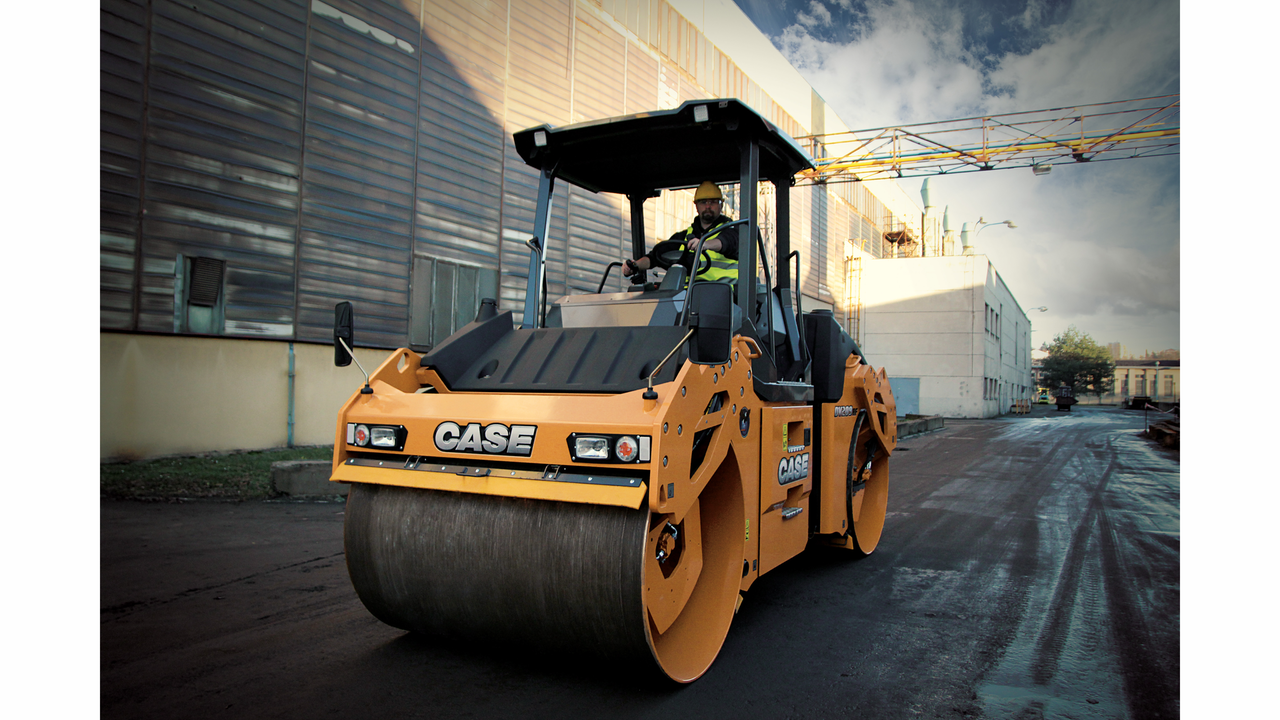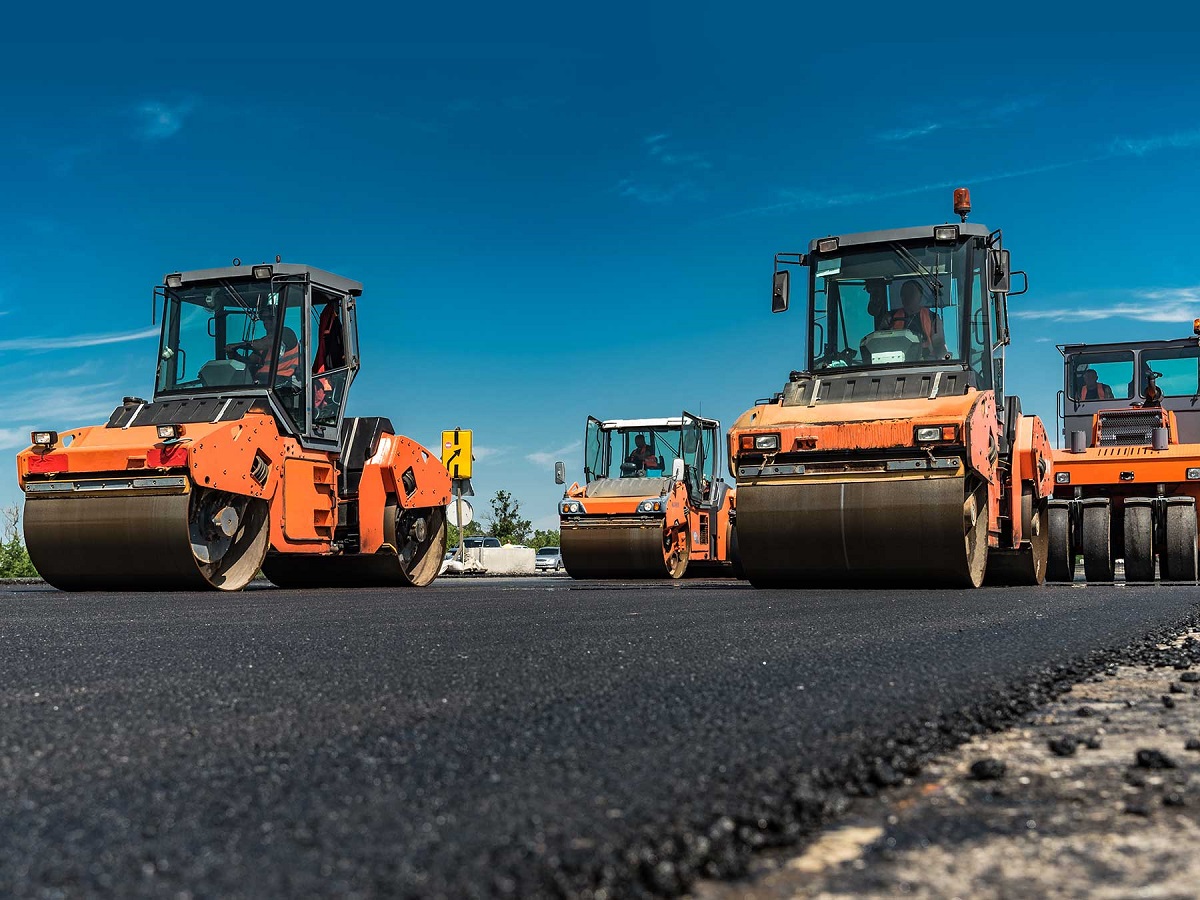Vibratory rollers can be used for many applications in manufacturing. These rollers are most commonly used as a component of a grinding machine, especially in abrasive grinding or sanding operations. They are also used in a variety of other applications, including carpet unrolling, embossing, stamping, and laminating. Most vibratory rollers in the market today are made from either steel or aluminum. Each of these materials has its own benefits when compared to the other, and the type of material you should use in your vibratory roller depends on your requirements and intended usage.
Generally, vibratory rollers are used in heavy-duty machines that can handle large volume loads. In addition to this, they are used on a number of other machinery such as compressors, industrial compressors, power compressors, water pumps, oil and gas plants, dryer sheets, cooling towers, pumps, sewage heaters, dishwashers, and many more. Because they are designed to work in difficult operating environments, vibratory rollers must be durable and rugged. The rollers must be able to withstand all the punishment that the machine is likely to put them through and must be made from materials that are both reliable and durable.

Some of the common materials used vibratory rollers include nylon, polyester, polycarbonate, brass, copper, stainless steel, fiberglass, and aluminum. Although nylon and polyester are both extremely strong and resilient, these materials tend to be prone to thermal degradation. For example, when exposed to heat for long periods of time, nylon will start to form thin threads. Due to this, some manufacturers recommend not using nylon-based vibratory rollers in high-tempered environments. This is because the machine may become too brittle.
A standard vibratory roller is typically composed of a housing, a counter-rotating shaft, rollers, and a cover. The housing is what makes the machine powerful enough to be effective. When it is fastened to the shaft, the vibrations cause the rollers to move freely. The cover also helps to minimize vibration transfer and maintain the appropriate operating temperature. This allows the device to perform even under extreme conditions, something important for industries where the working environment is frequently changing and volatile.
Asphalt and concrete compacting compounds are considered the best materials for vibratory rollers because they provide the most rigid resistance. However, all types of compacting materials can be damaged if they come into contact with sharp edges of other machinery. Therefore, it is crucial to regularly inspect your equipment and replace worn parts on a regular basis. If your business has many compacting sites, consider investing in a few heavy-duty, long-lasting industrial compacting rollers.
Road construction equipment that uses vibratory rollers is especially useful because they help eliminate the tedious process of compacting the soil. By flattening out soil to the proper depth, road construction operators can create wider roads with fewer holes. This saves them time and money, which are often allocated to other parts of the construction process. Inline drum compactors are excellent choices for smaller-scale projects, such as road repairs and landscaping, as well as those involving wetting and washing processes. Vacuum compactor systems are usually more suited for soil compacting tasks due to their larger capacity.

